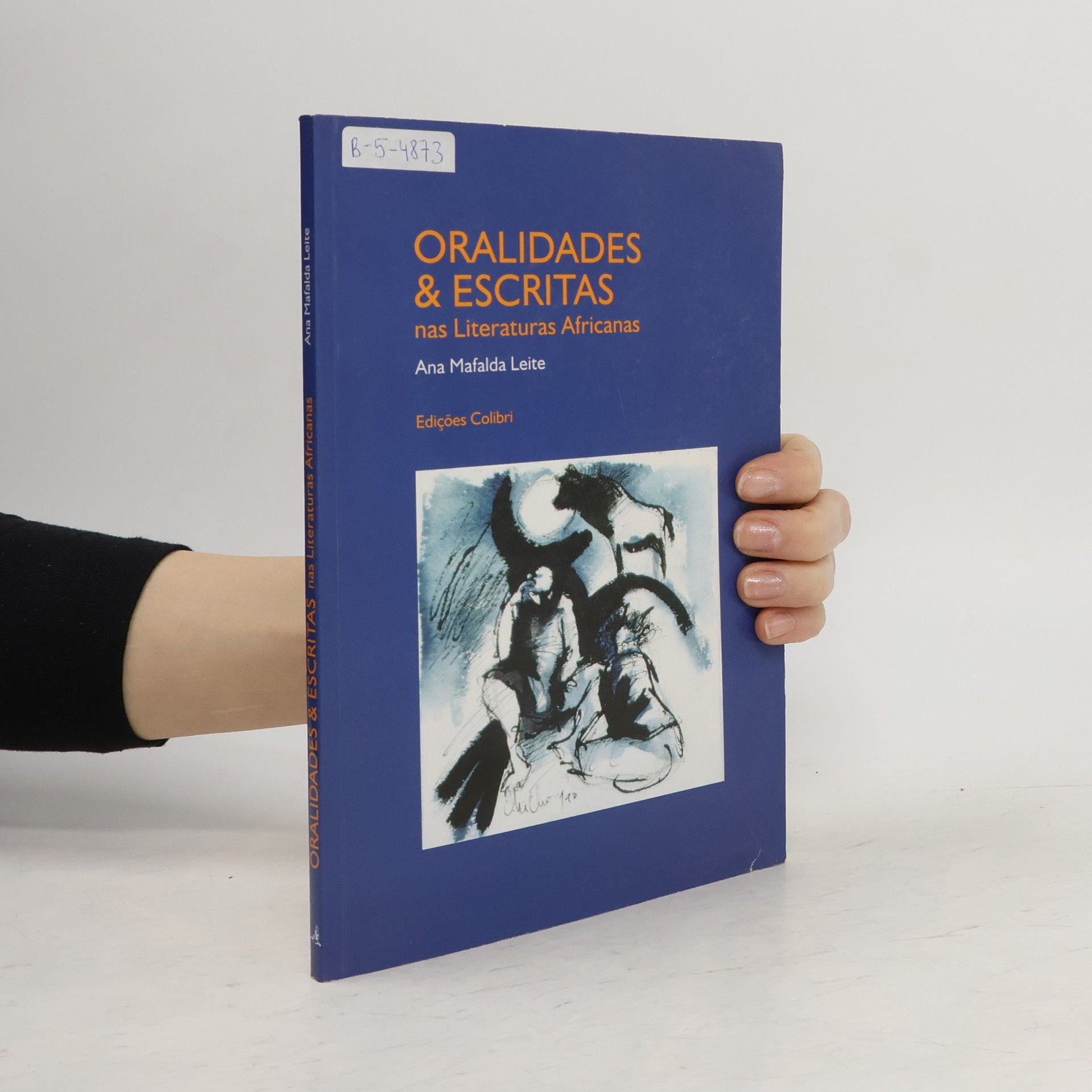Este ensaio aborda a importância da oralidade para o estudo das línguas africanas e o enquadramento das de língua portuguesa no seu relacionamento específico com as oralidades. Num segundo momento procura-se estabelecer os elos da oralidade com as escrita
Ana Mafalda Leite Boeken
Deze auteur is een befaamde Portugese dichteres, essayiste en docente met meer dan dertig jaar literaire ervaring. Haar poëtische werk kenmerkt zich door een diepgaande exploratie van de literaire tradities van Afrikaanse en Braziliaanse Portugeessprekende regio's, een focus die zowel haar academisch onderzoek als haar eigen schrijven informeert. Via haar gedichten en essays draagt ze bij aan de reflectie op literatuur en cultuur van Portugeessprekende landen. Haar geschriften bieden een waardevol perspectief op het hedendaagse literaire landschap.

